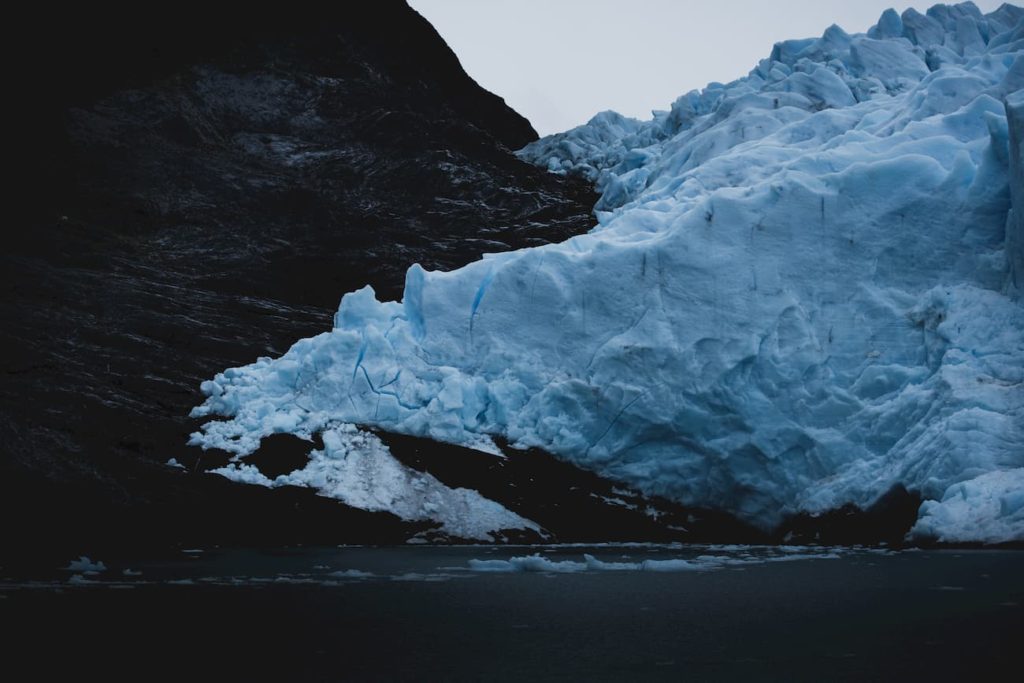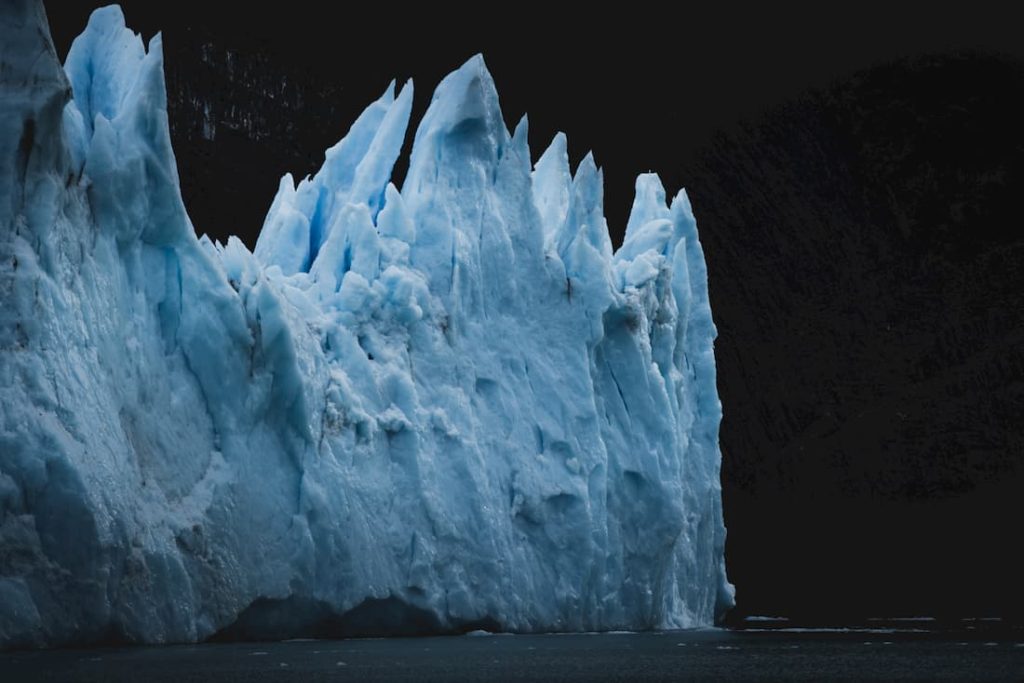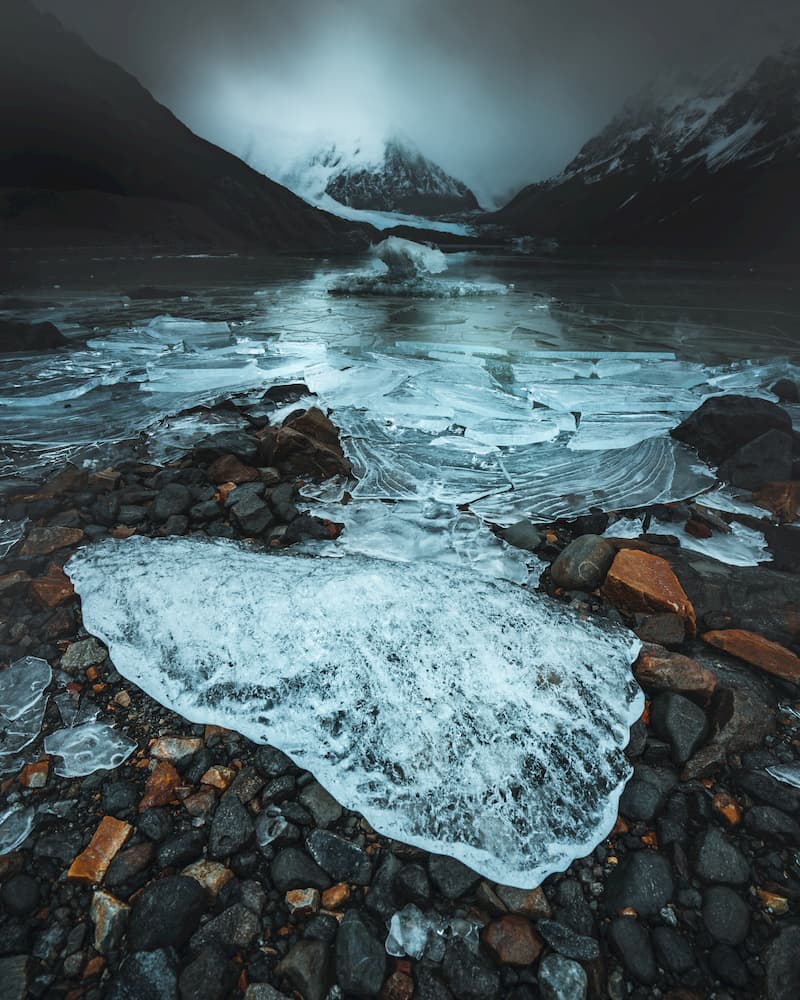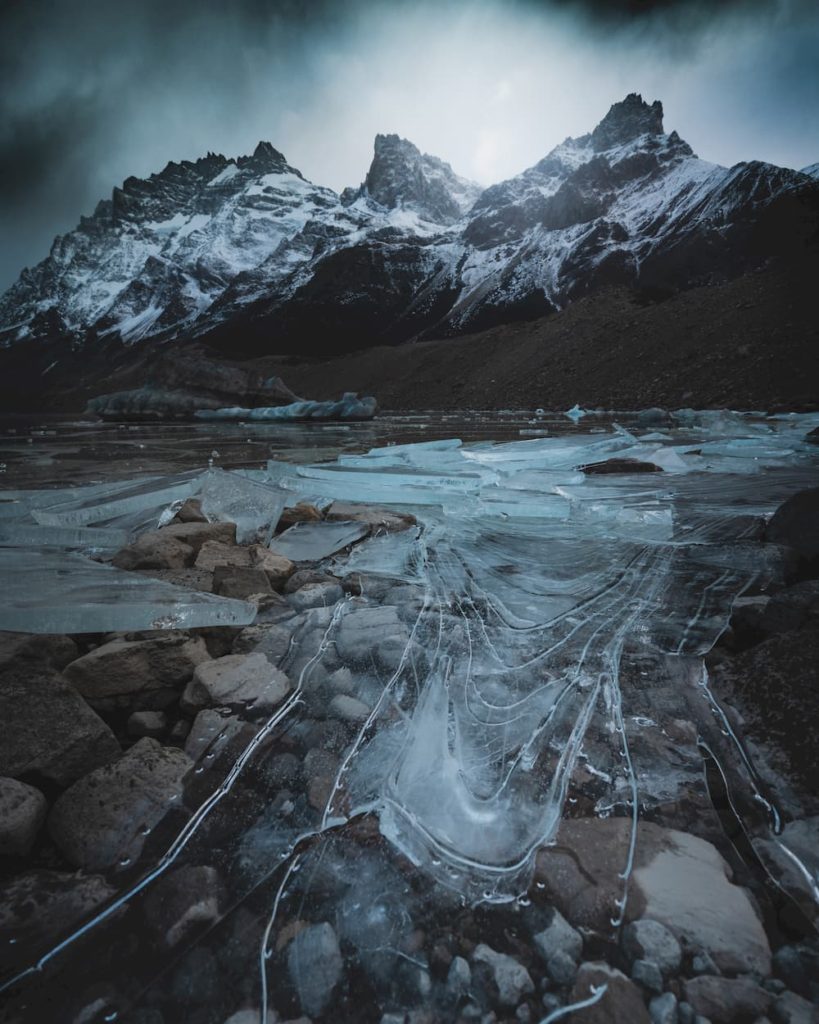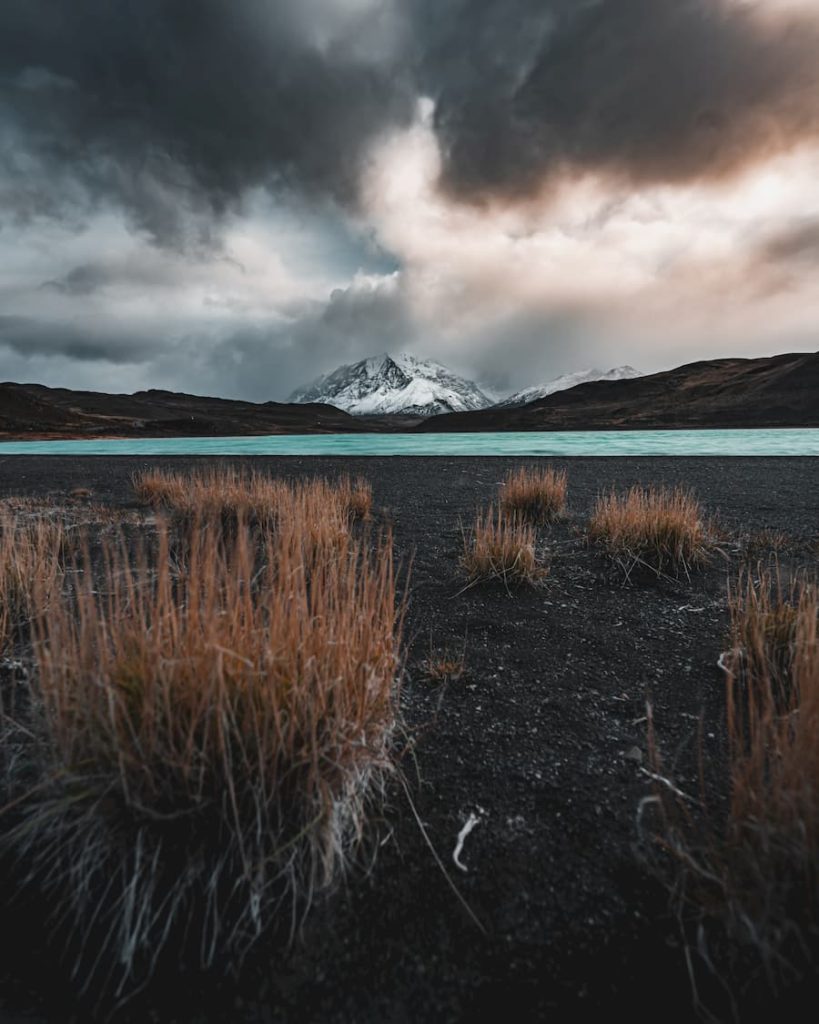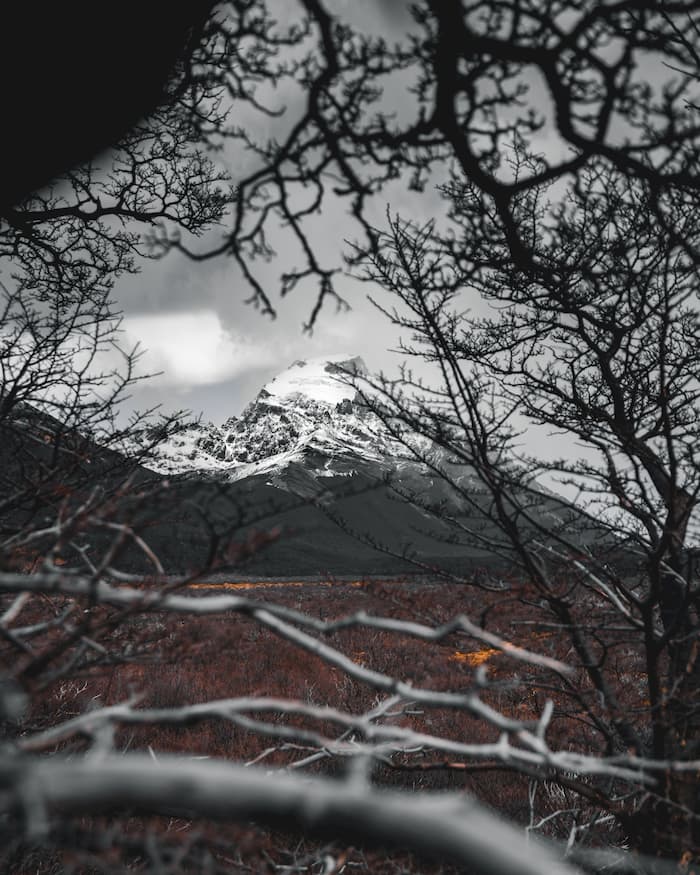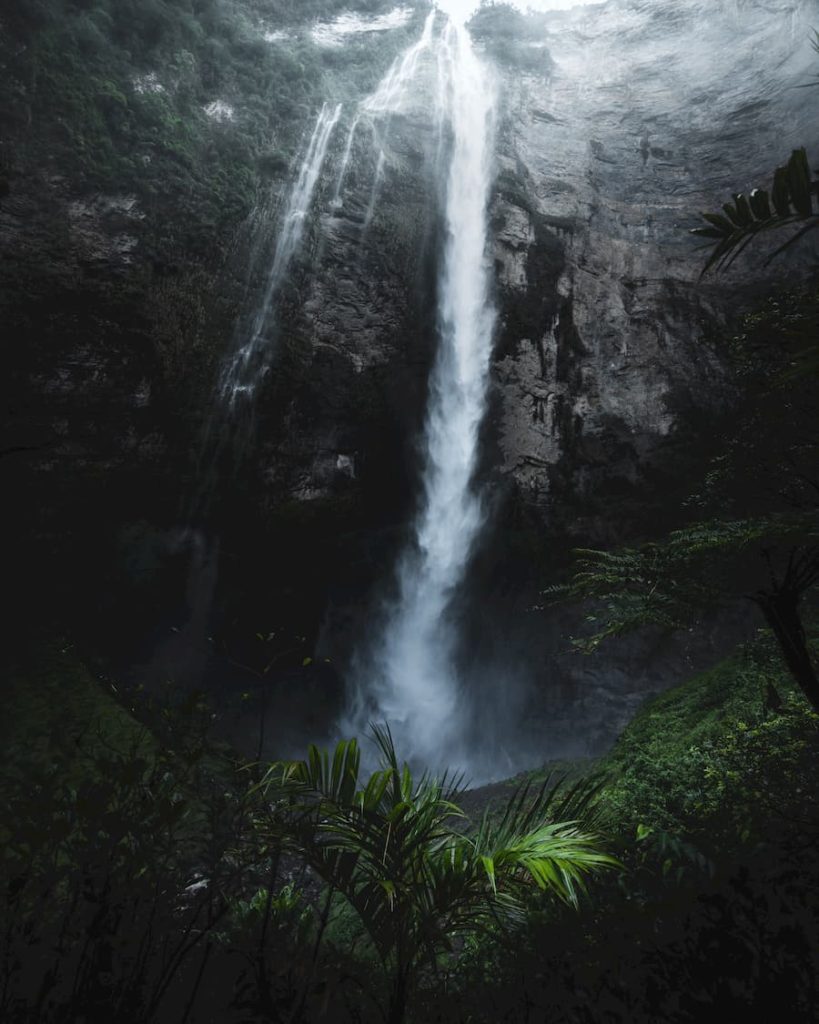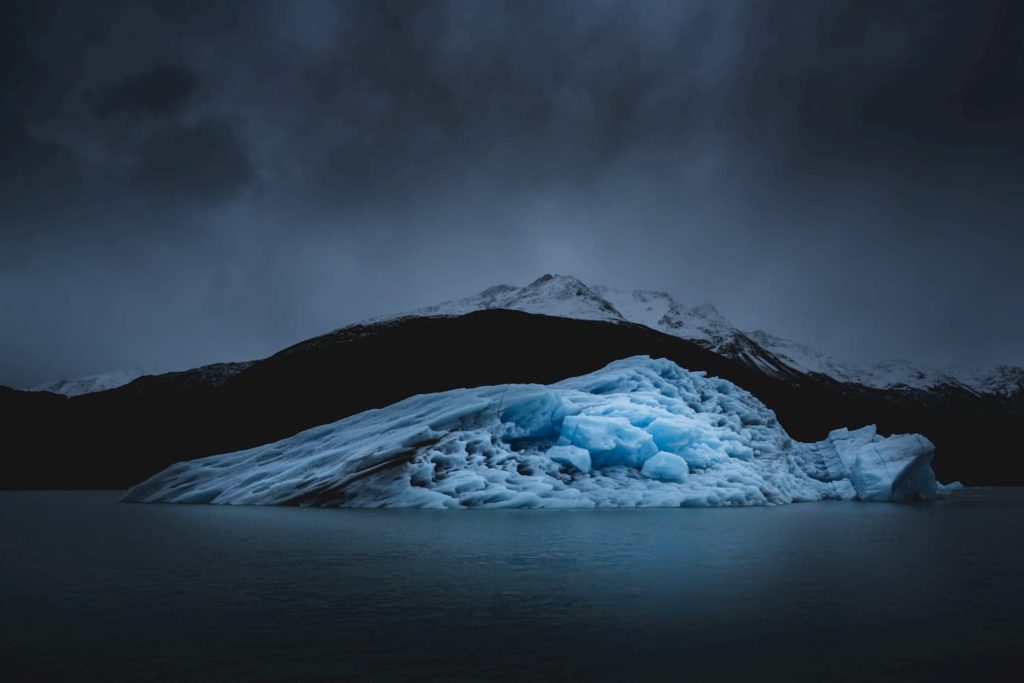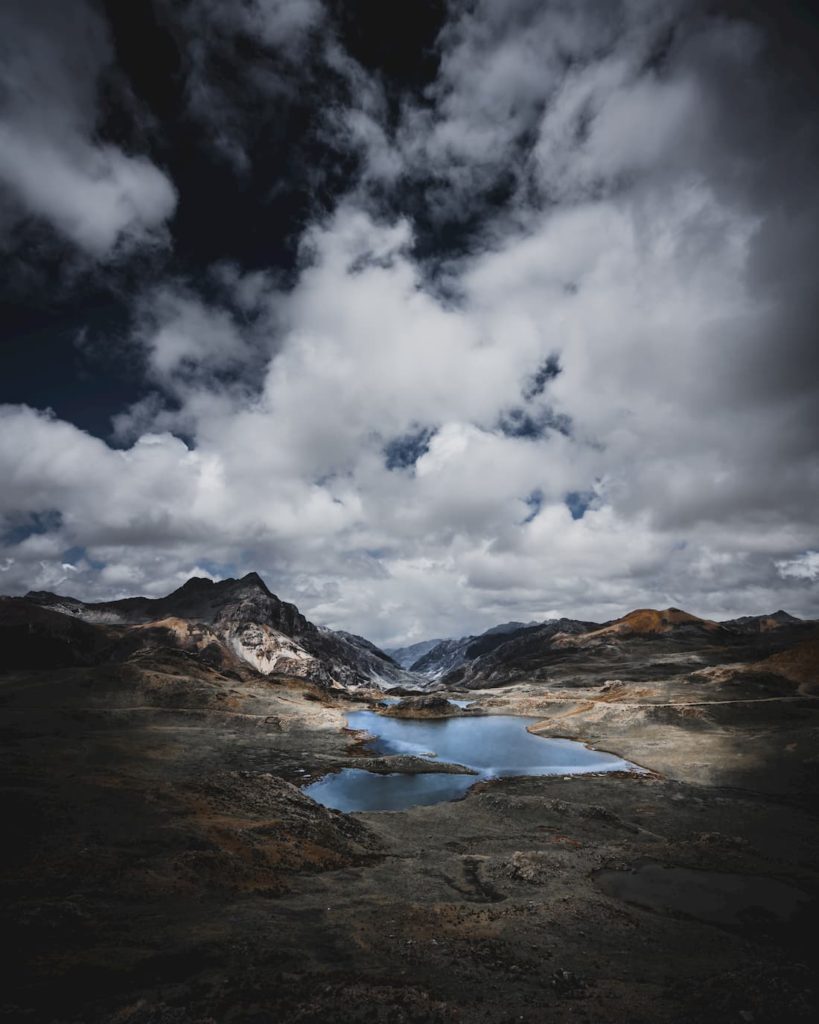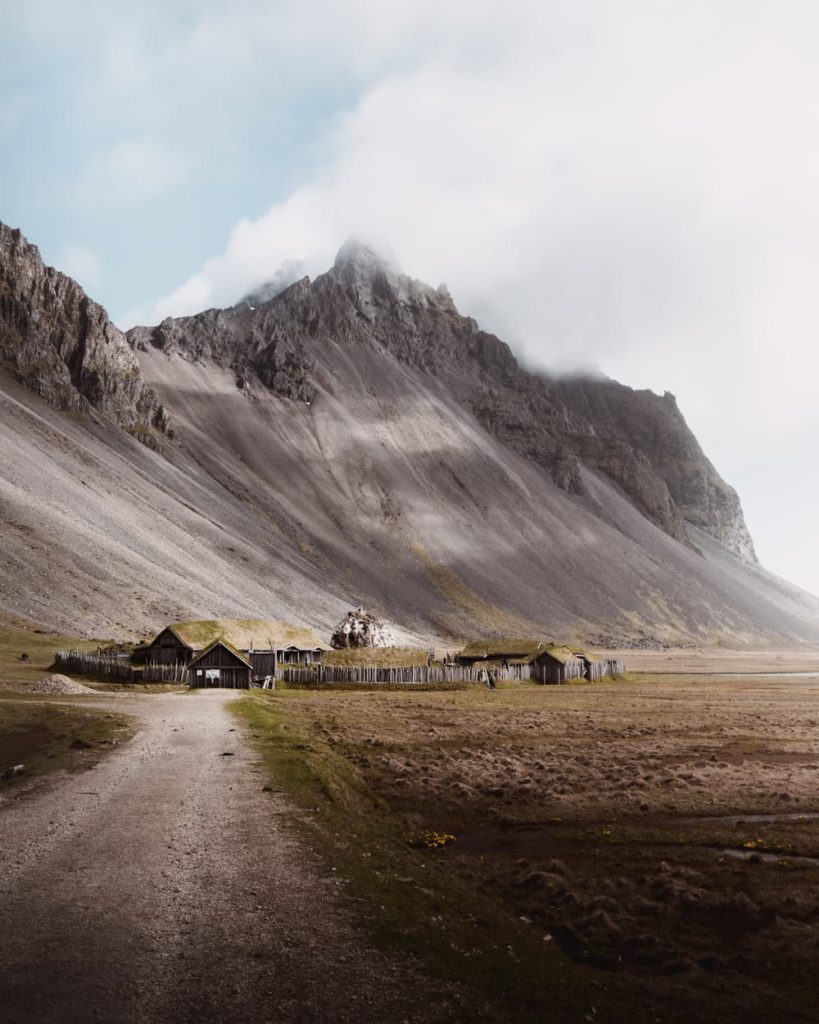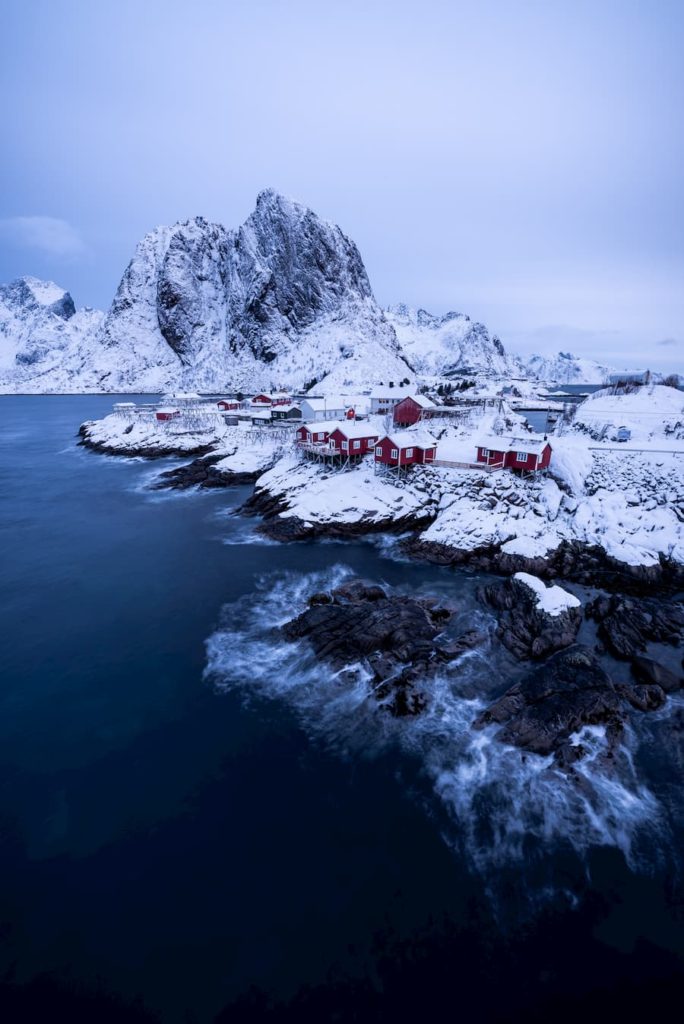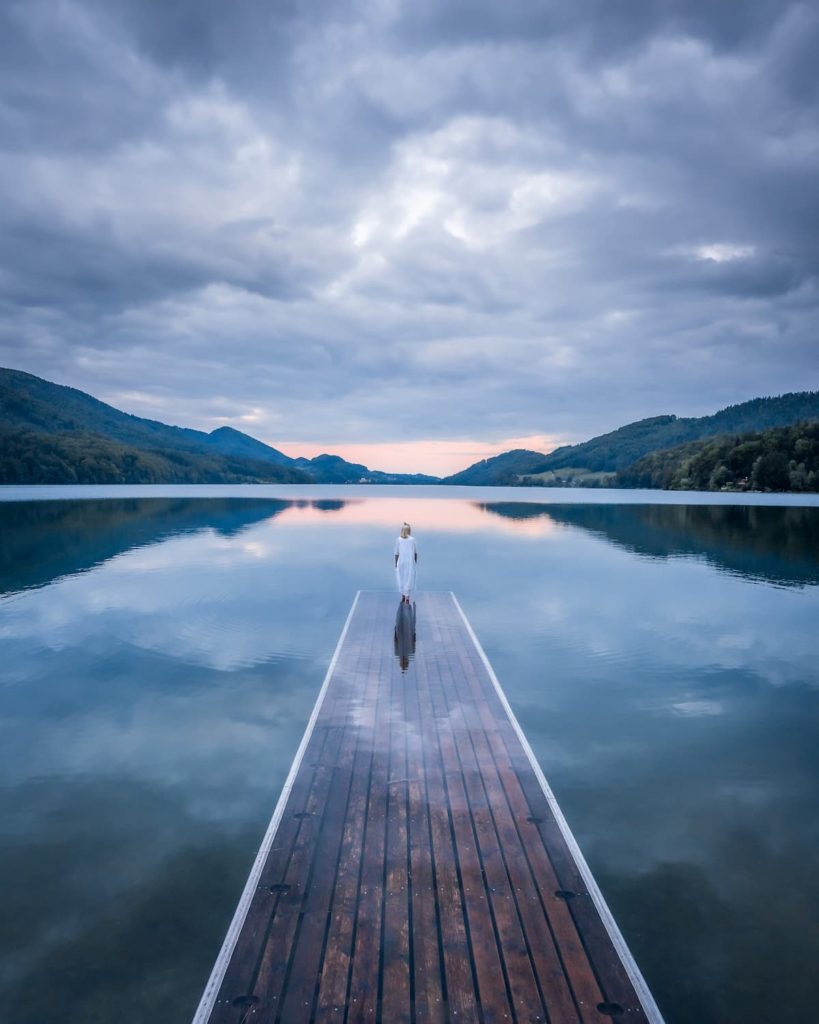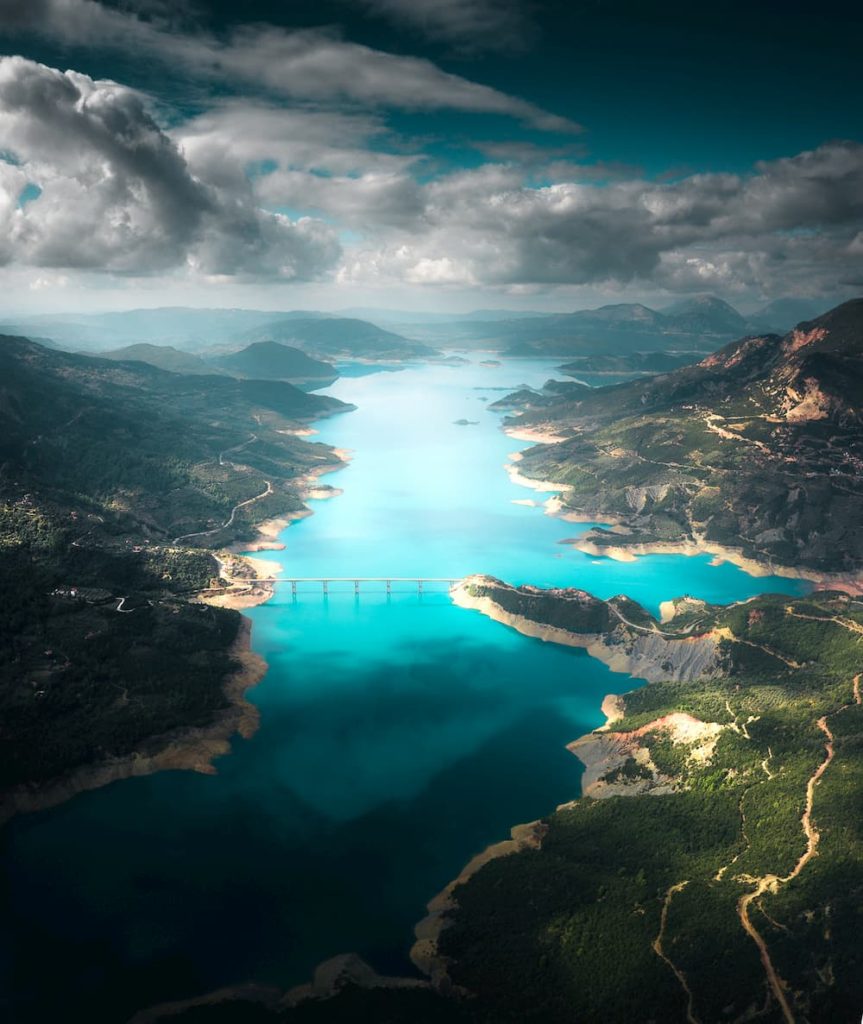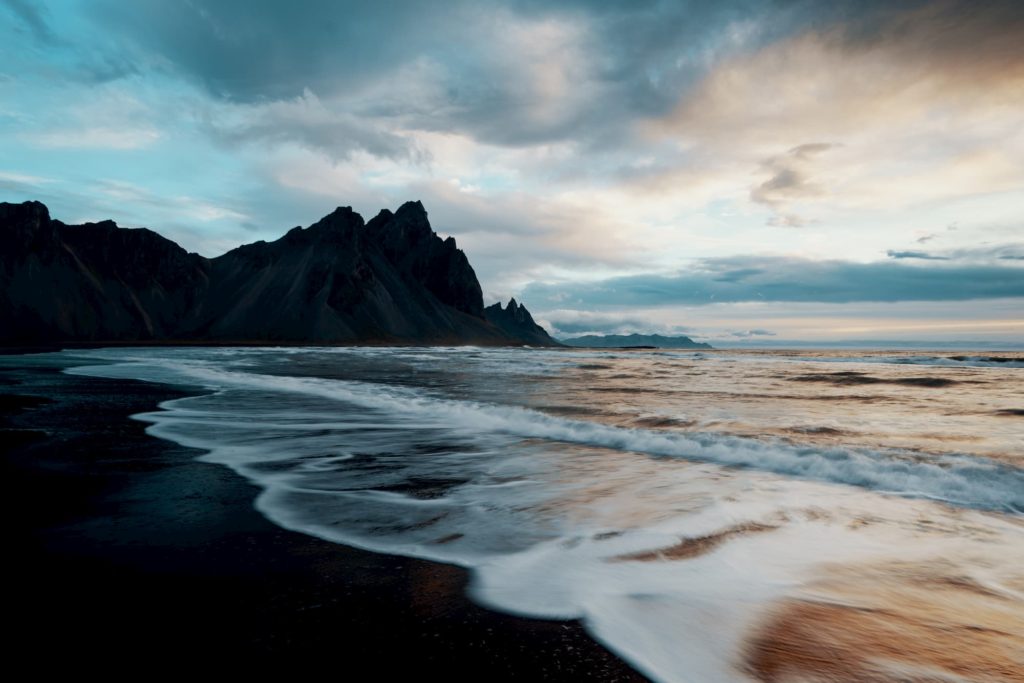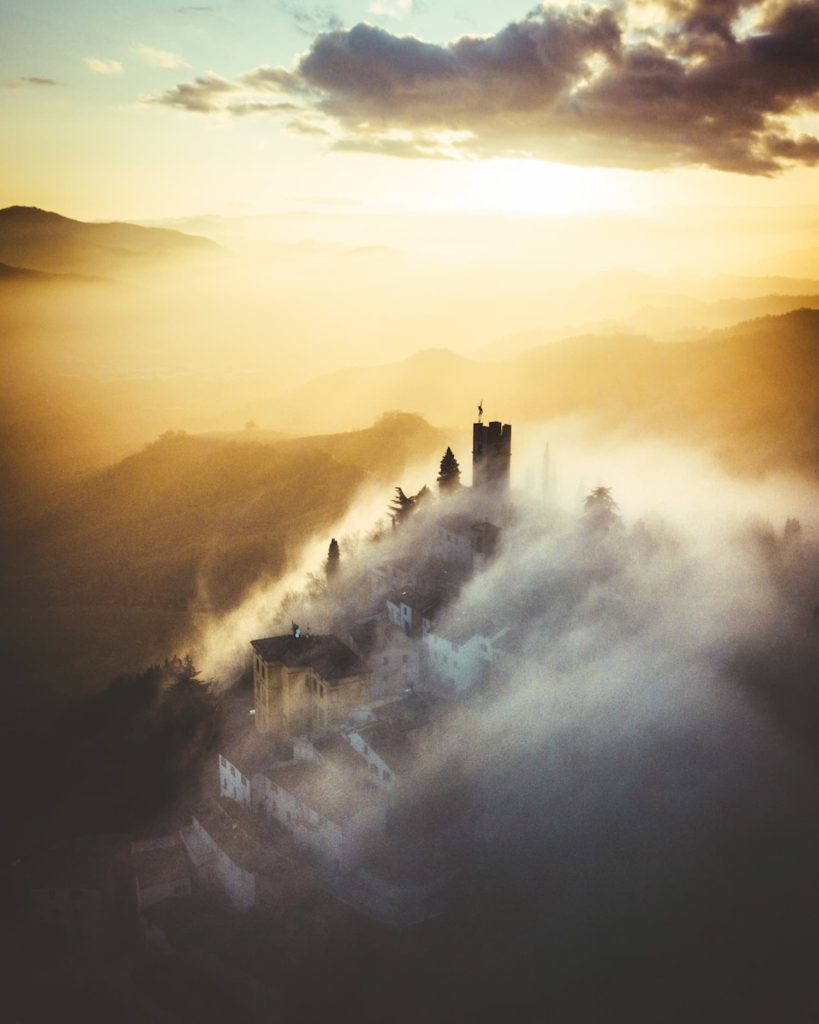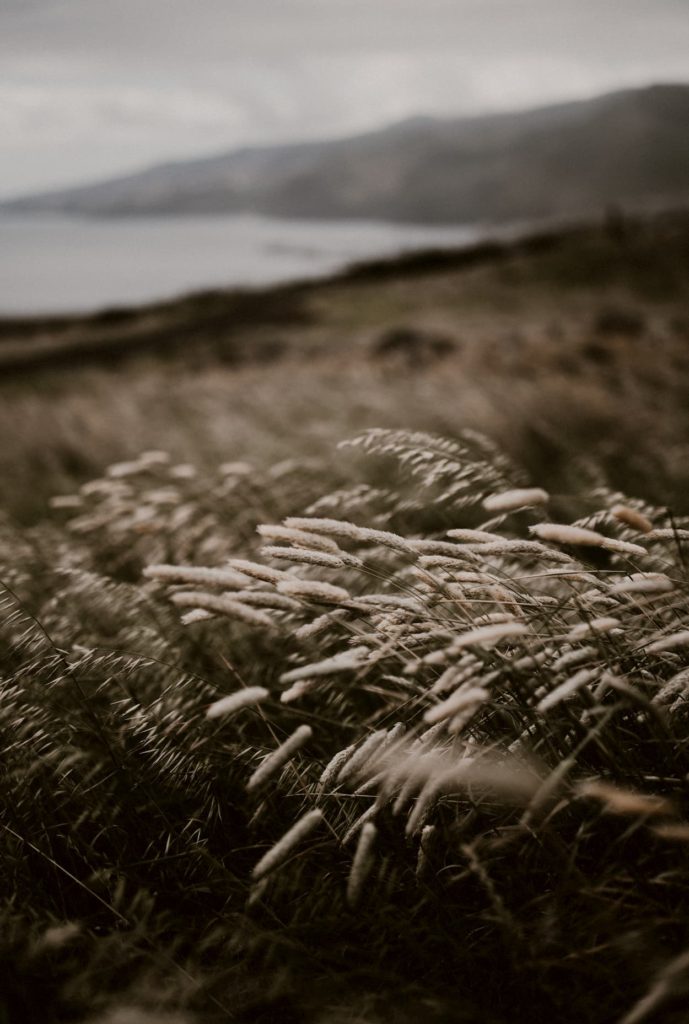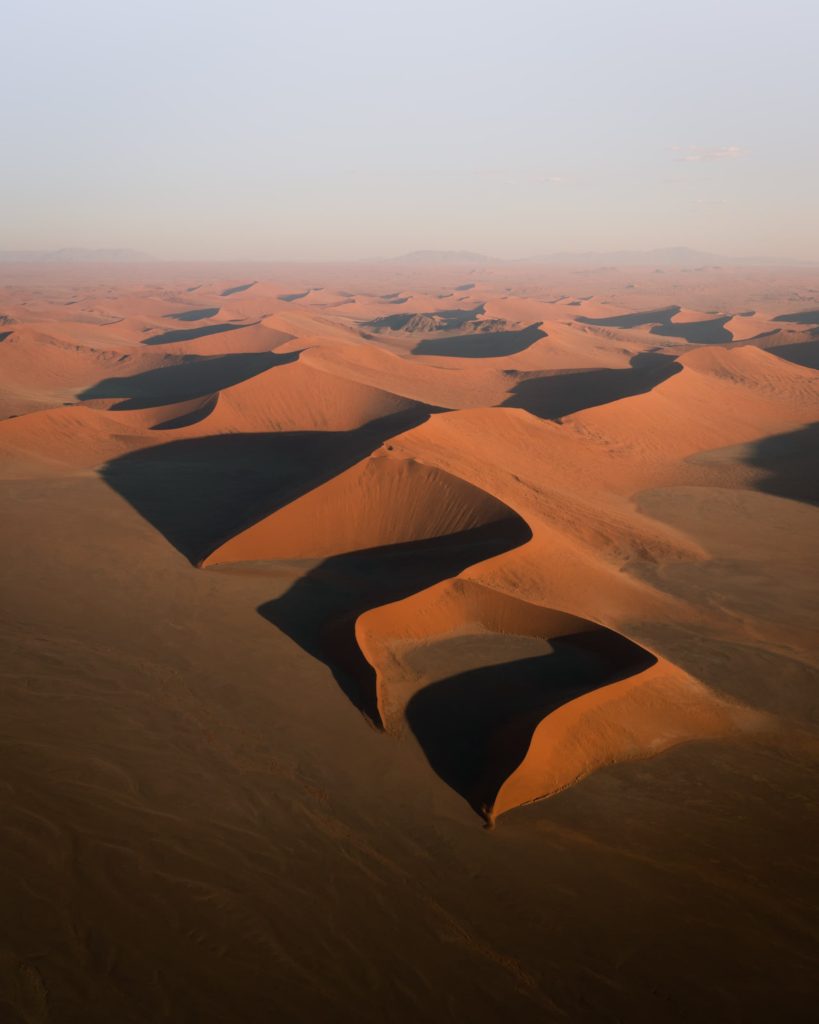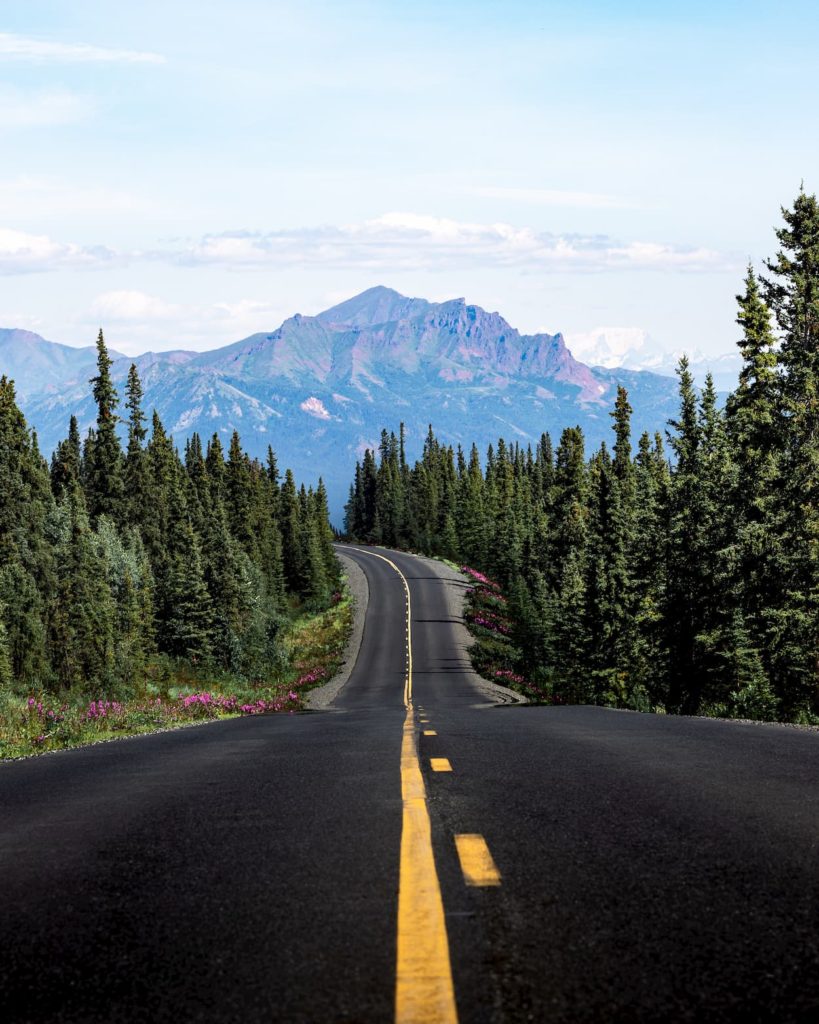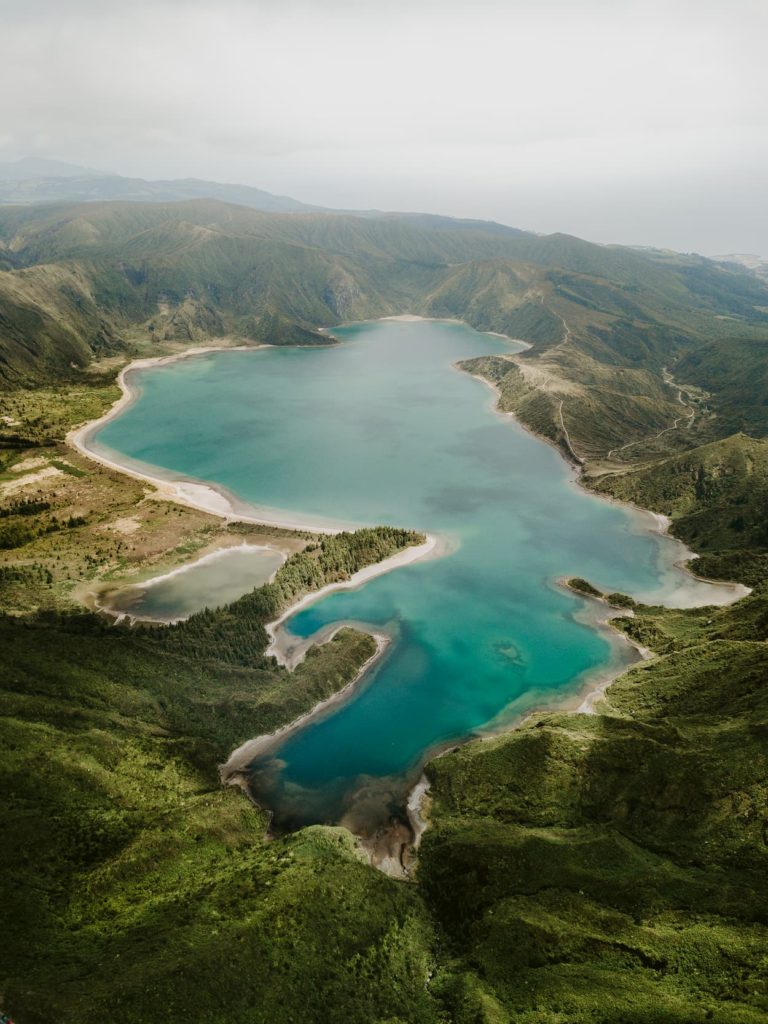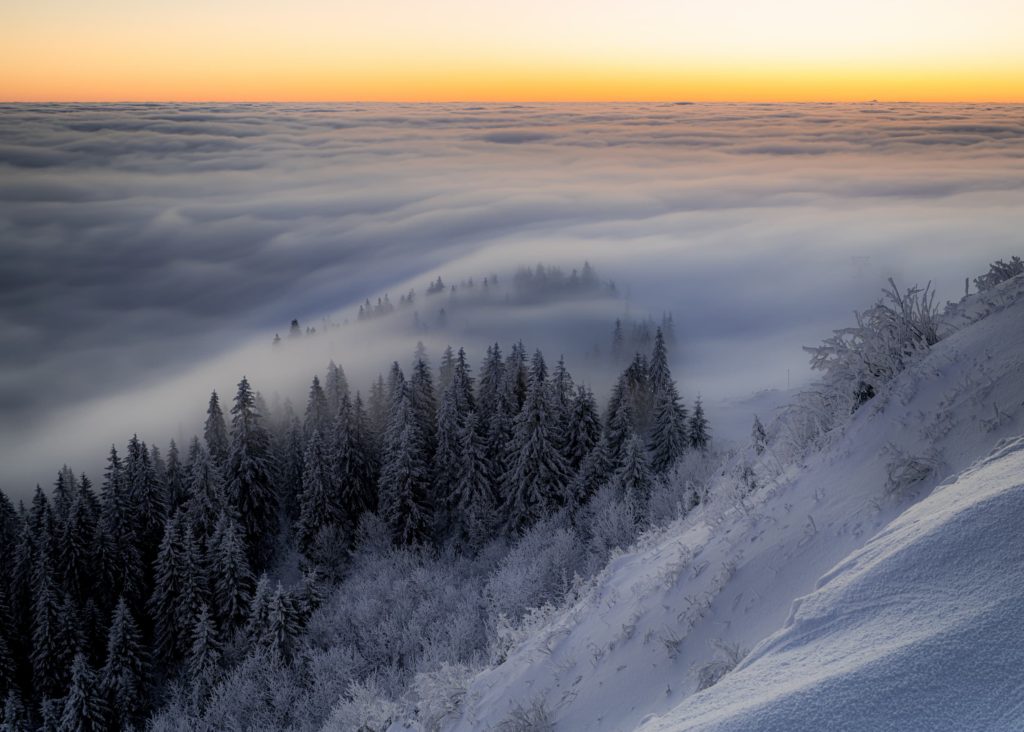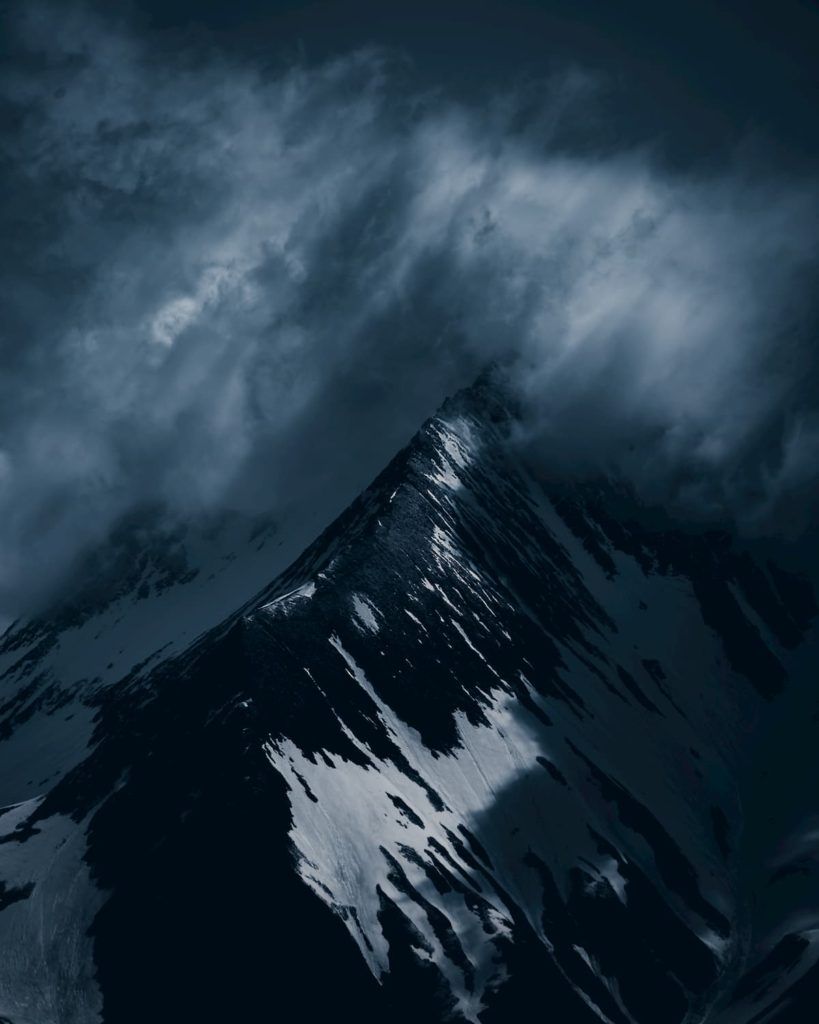
Alejandro Tello
@alejandro.tmtz
Landscape photographer
My family has always had an artistic touch, especially my grandfather, who used to spend endless hours glued to his canvas painting pictures. He was the one, seeing my predilection for the visual arts, who gave me my first professional camera. In those years, there were only analog cameras, so I started learning the basics, developing film rolls in a homemade photo lab, and working in the foundations of composition.
"As far as I remember, photography, in a way, has been accompanying me in all stages of my life and has witnessed my growth as a person and as an artist."
It has also been present in the most challenging moments of my life. Photography has been by all means a reason to continue walking, first as pure amusement, to progressively become a passion and a profession. Along this way, I have found several people who inspire me deeply with their photography, such as Max Muench, Benjamin Hardman, Jason Charles, or Cath Simard. I would now define myself as a visual artist and fine art photographer who tirelessly pursues to share his own interpretation of reality that hides on every corner of the planet earth.
"I studied geology and my career as a geologist has always walked hand in hand with photography."
Geology is the study of the landscape, analyzing the structural and lithological patterns in the land -landforms-. It is a plus to be able to endure the scenes that I photograph with a historical-geological content, which revives the origin of the rocks and makes them more dynamic. Now I work as a hydrogeologist, or groundwater expert, which allows me to add one more variable to the geological context. My career as a professional photographer has been developing for about 7 years and it is enriching to deepen my photography with my insights from my other profession and interest.
"I have a desire to retrieve the primordial essence of each country."
Apart from the westernization and standardization of much of the world in the last two or three decades, each country continues to preserve its essence. Having travelled through different countries and continents has given me the possibility to be in contact with different cultures, a consequence of history, with different languages, and various types of environmental adaptation, an amazing result of climate and geography. Geological history allows us to disclose why the forms of the landscape and how the people and cities in which they live adapt to it. From the gelid winters of Iceland or Patagonia to the deserts of Africa or Australia, passing through the jungles of the equatorial latitudes, each place embodies an essence, a soul that I try to translate through my photography. Before starting any photography project, I spend several weeks researching the site.
"Beyond the essential logistic aspects, such as the weather or the date of the visit, I consider it is vital to know the contemporary history of the place since it can explain a lot about its idiosyncrasy."
My most rewarding projects have been in Iceland. The island is part of an oceanic ridge and is also located on a hot spot. That is why it has more than 200 active volcanoes and dozens of places with high geothermal activity. All of this makes it an especially exciting place, given that it is added to its latitudinal position, which allows it to have glaciers and a high rate of precipitation. One of the most memorable moments has been walking over glaciers, colossal figures of ice that dance aimlessly after a long process since its inception as liquid water. I remember the sun was hiding behind the clouds, and it was beginning to rain, but we had to continue the walk. The path was long. After several hours we were able to reach the destination, and the dark blue ice began to shine after the rain stopped and with the last rays of the sun that made their way through the clouds, enveloping the entire landscape with a golden light.
"It is a double privilege to not only experience these magical moments but also capture them on camera."
In addition to photography, I became curious about creating my own time-lapses, which gradually led to hyper-lapse and finally towards what could be called independent films or short videos. Both time-lapses and hyper-lapses allow us to see reality from a different perspective, being able to accelerate time for events that happen at imperceptible speeds to the human eye. In line with these video graphics projects, I decided to create a business line, a company by the name of Zenith Film Studio, which could bring together all my advances. After several years, it is a project that, despite growing slowly, is paying off.
"Despite all these developments in photography, just as with lands, I never forget about the essence."
“A good snapshot keeps a moment from running away”, one of the most famous phrases in photography written by Jean Cocteau, a filmmaker from the 1950s. It is a profound concept that makes you return to the origins of photography with the camera obscura when, for the first time, it was possible to freeze movement and translate it on a light-sensitive plate. Every time I take the camera out of my photography backpack and prepare to take a photo, this phrase always comes to mind; I am aware that with my action, I am filming a unique and, therefore, historical moment. The photograph should be something more than an image whose sole purpose is simply to make that image. Since photography was invented, one of the functions it has had in the world has been to record things that were previously recorded through drawings, etchings, or sketches. That is why in a certain way I feel responsible to document reality, what my eyes see, so that future generations can have access to them and can visualize what was my reality at one point.
"It is there precisely where the term documentary photography arises, which must necessarily be complemented with an artistic part and a story, and which finally summarizes and defines my style of photography."
One of the purposes of documenting through photography, in addition to the simple act of informing, is to raise awareness of the problems that the planet suffers from. Especially due to my background, environmental problems have occupied a very important place in my life. The deterioration of the soils, the contamination of the water and the air, the inadequate agricultural and forestry exploitation or the disappearance of species, are some of the problems that our society faces.
"Through my photography, I try to show the beauty, importance, and -fragility- of ecosystems, understood as a whole, since we, humans, are part of it."
Would you like content like this sent to your inbox?
MUST READ STORIES OF JULY
MUST READ STORIES OF JUNE
MUST READ STORIES OF MAY
NOMADICT
ART GALLERY
THE LATEST STORIES
WRITEN WITH PASSION TO INSPIRE YOU
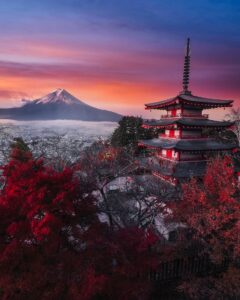
Sebastian Tan (@quetzalcoatlst): Best of the Week 44 at #nomadict
Driven by a desire to witness the world in its rawest states, Sebastian Tan pursues remote landscapes with patience and precision. Blending meticulous planning with resilience, his work transforms fleeting light into immersive fine art. Recognized internationally, Sebastian bridges the wild and familiar, inviting others to see through his lens.
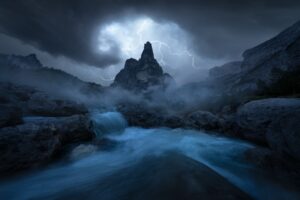
Filip Hrebenda (@filiphrebenda): Landscape and nature photographer
Known for capturing nature’s raw intensity, Filip Breda creates atmospheric landscapes shaped by storm, fire, and light. Winner of the 6th ColorPro Awards for Thunderstorm, his work reflects years of persistence, exploration, and a deep emotional connection to the elements.
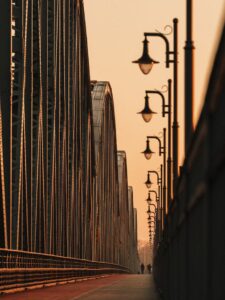
A guide to Toruń, Poland: A golden hour haven for telephoto tales in crimson and gold
Toruń, set along the Vistula River in north-central Poland, is a UNESCO-listed gem where Gothic brick façades glow in the last light of day. Small and unhurried, it’s a city made for slow wandering, and for watching golden hour turn terracotta rooftops into crimson and gold.
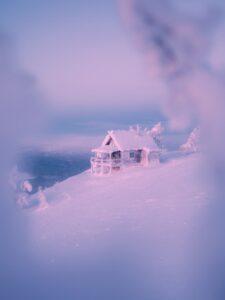
Kasper Rajasuo (@rajasuokasper): Best of the Week 46 at #nomadict
From childhood hikes to award-winning shots, Kasper Rajasuo’s journey is one of rapid evolution and deep connection. In this article, Kasper shares the technical secrets behind his “Santa’s Cabin” winning photo, the four lessons that defined his career, and how he uses color theory to transform harsh Finnish winters into dreamy, serene masterpieces.
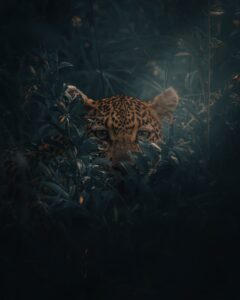
Andy Rider (@andyswildlife): Best of the Week 2 at #nomadict
Andy Rider is a passionate wildlife photographer and filmmaker based in South Africa, dedicated to capturing the raw beauty of nature while raising awareness about conservation. Inspired by legends like Steve Irwin, his journey began as a field guide, where he honed his skills and developed a deep respect for ethical wildlife photography.
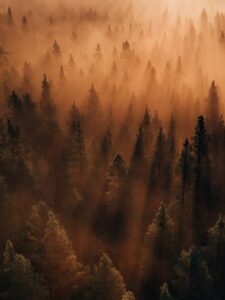
Philipp Pilz (@buchstabenhausen): Best of the Week 43 at #nomadict
In this article, photographer Philipp shares how time, clarity, and consistency have shaped his evolving relationship with nature photography. Drawn ever further north, he writes about embracing uncertainty, working with restraint, and finding beauty even when plans fall apart — including the unlikely story behind his Best of the Week–winning image.
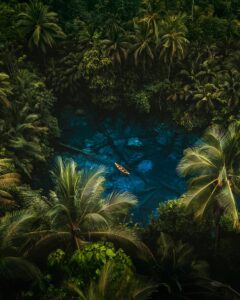
Tom Fähndrich (@tofenpics): Best of the Week 47 at #nomadict
Tom shares the journey behind his winning photography, from a passion for exploration and remote places to field lessons, composition choices, and color grading.
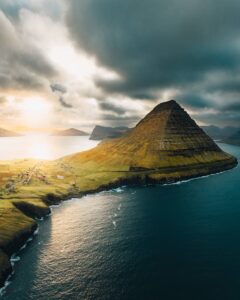
Photo tour in the Faroe Islands
Join us in the Faroe Islands for a unique photo tour, where you’ll elevate your creative skills with expert guidance from Ronald Soethje and Nomadict.
